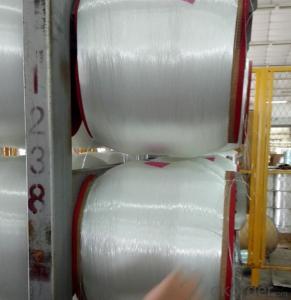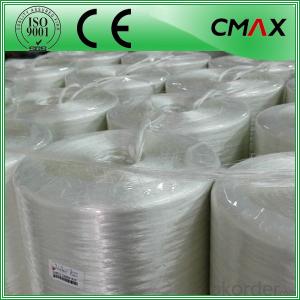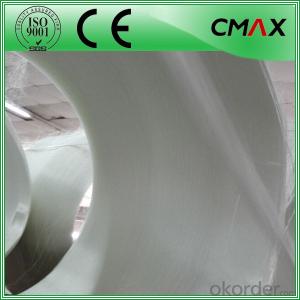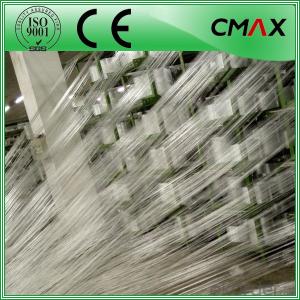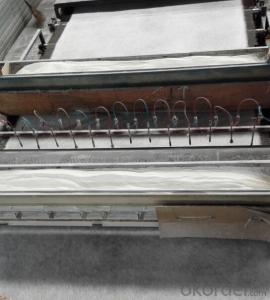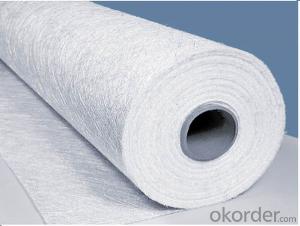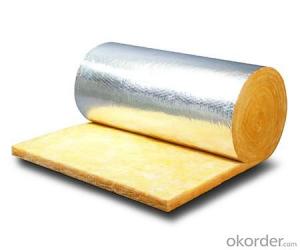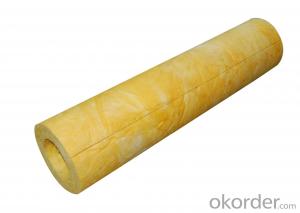Fiberglass Roving Fiberglass Sprary Up Roving, Fiber Glass Gun Roving
- Loading Port:
- Shanghai
- Payment Terms:
- TT OR LC
- Min Order Qty:
- 1000 m.t
- Supply Capability:
- 1000000 m.t/month
OKorder Service Pledge
OKorder Financial Service
You Might Also Like
Fiberglass Roving Fiberglass Sprary Up Roving, Fiber Glass Gun Roving
Introduction:
E-glass sprary-up roving, fiberglass gun roving, fiberglass roving is coated with a silance-based sizing, compatible with unsaturated polyester, vinyl ester and polyurethane resins.
It is a versatile general purpose spray-up roving used to manufacture boats, bathroom sinks ,yacht, sanitary ware, swimming pool and automotive parts and also pipe by centrifugal casting process.
Product Features:
1)Silane based coupling agent which delivers most balanced sizing properties.
2)Special sizing formulation which delivers good compatibility with martix resin.
3)Consistent fiber linear density,good mold ability and dispersion
4)Excellent mechanical properties of composite products
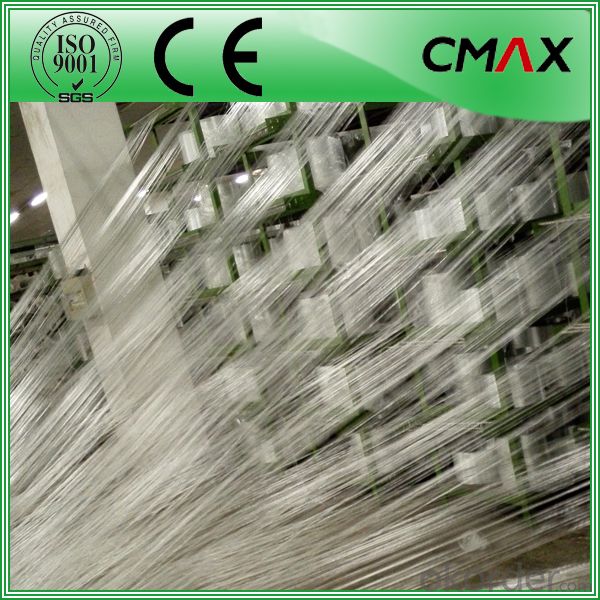
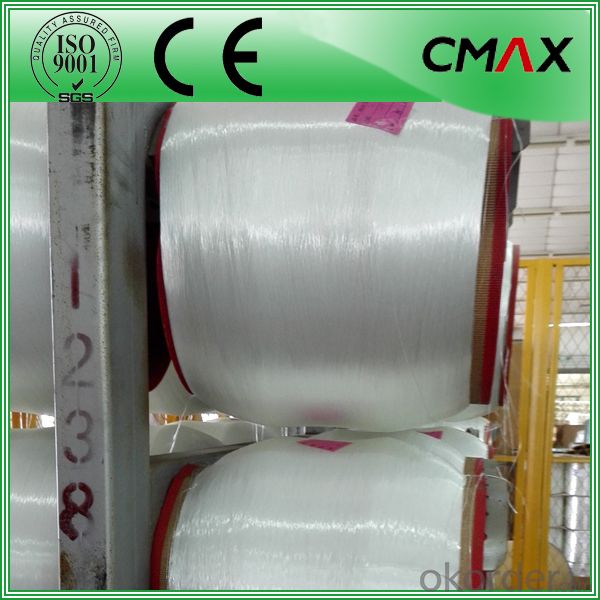
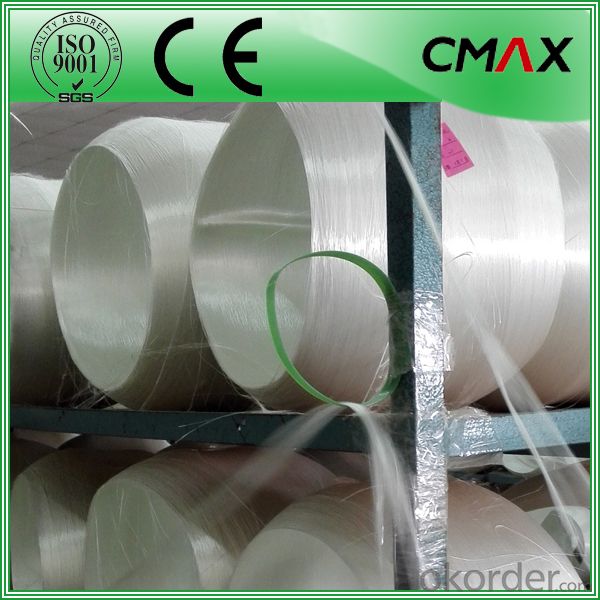
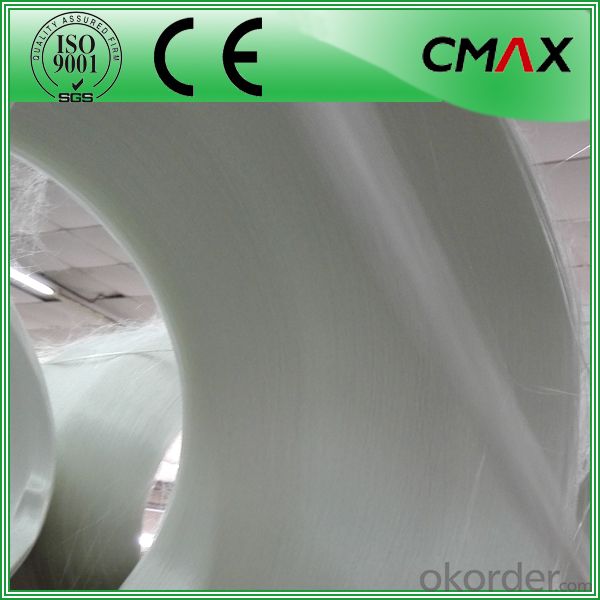
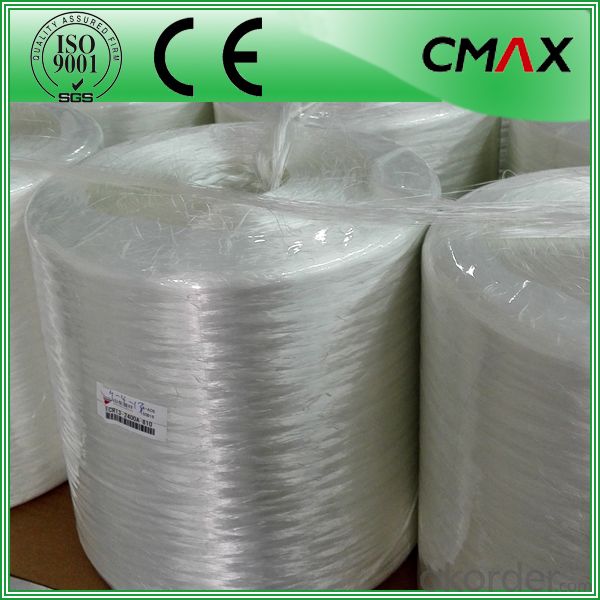
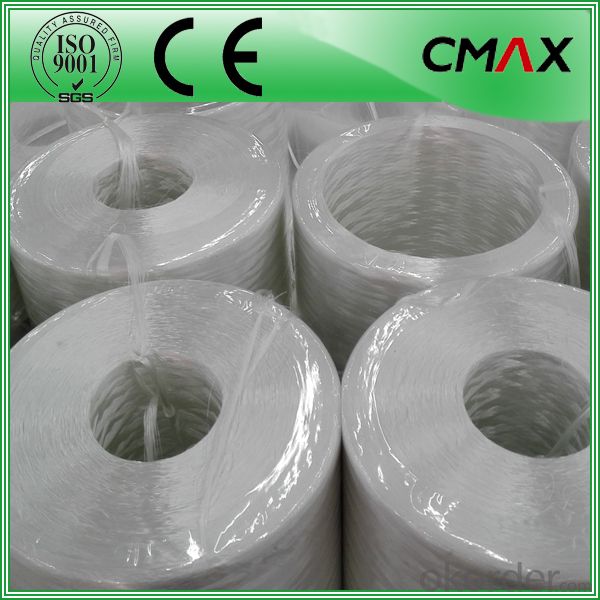
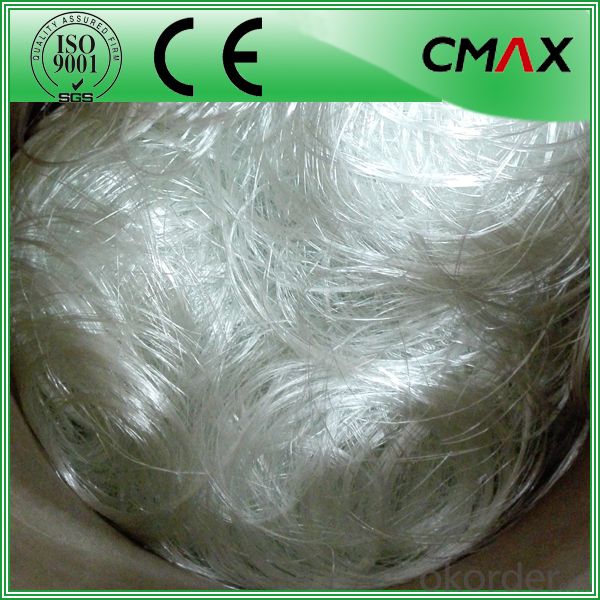
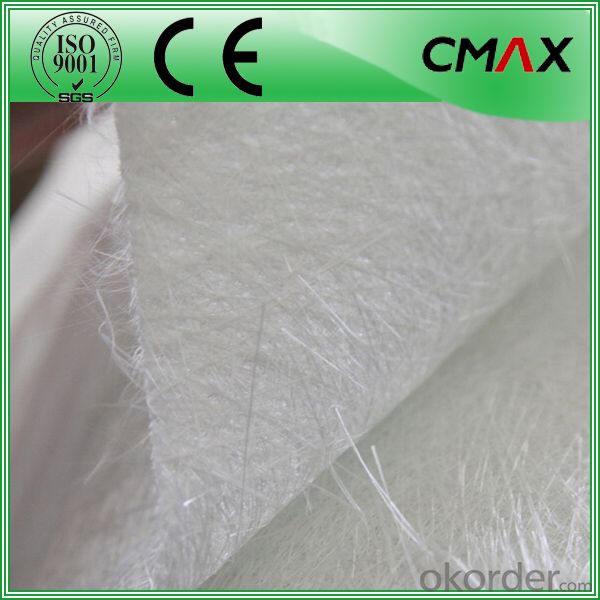
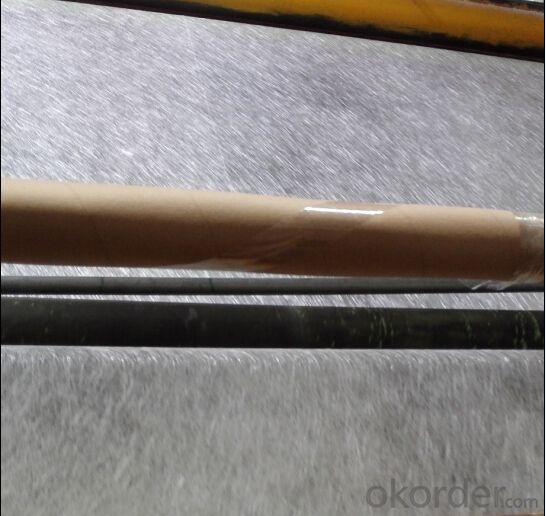
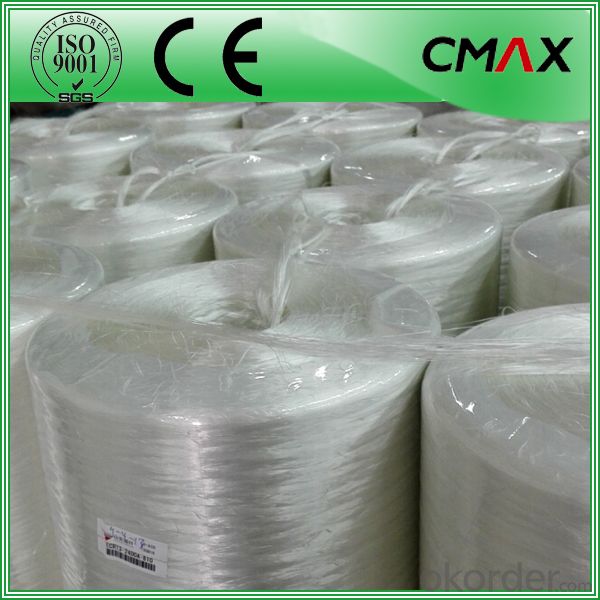
Packaging:
Product is manufactured in form of a roll wrap on a paper tube then after packed in a plastic bag and placed in a cardboard carton. Rolls can be loaded in a container directly or on pallets.
Deposited:
Chopped Strand Mat should be stored in dry, cool, clean and rainproof area. Recommended temperature range of storage is between 15-30 and relative humidity between 40%-70%.
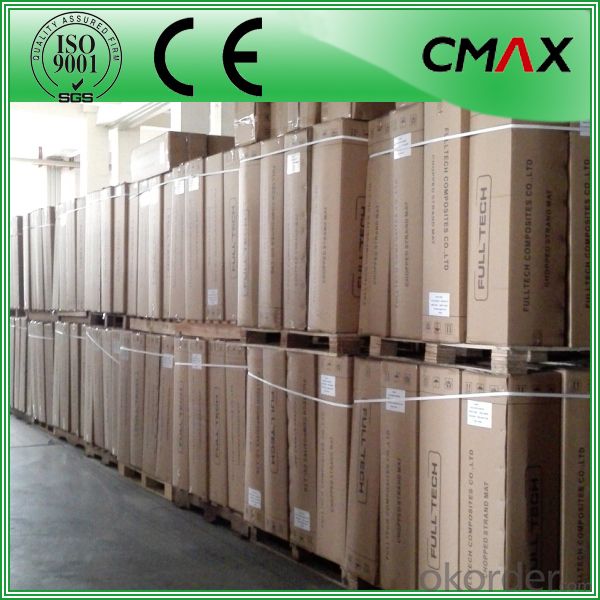
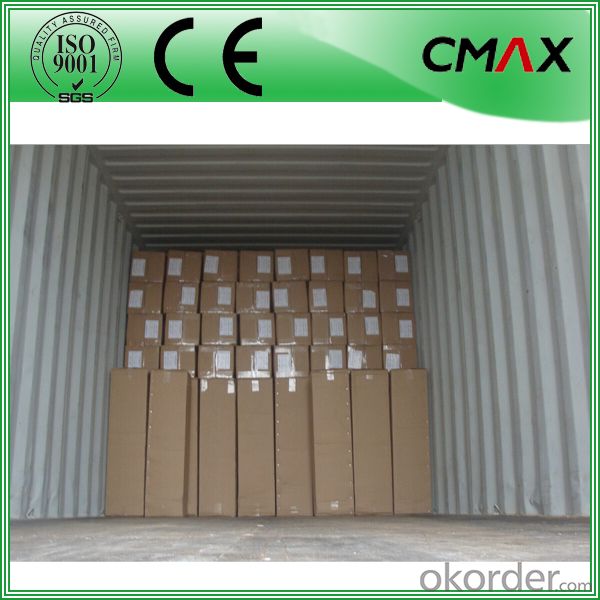
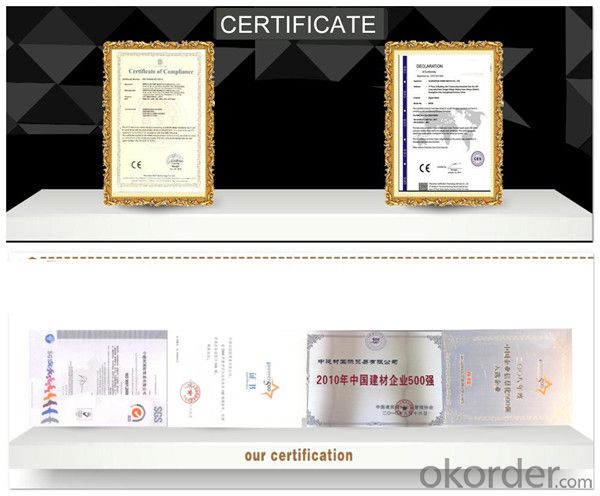
FAQ:
Is sample available ?
Yes, we provide the free samples, but customers themselves need pay the shipping fee
What's your MOQ?
Our MOQ is one 1*20' full container loading
How do you pack the fiberglass
(1) First, the mat is in roll packed in White PE fIlm.
(2) Then the rolls packed in the carton
4.Which knid of payment terms can you accept?
We can accept 30% prepayment, 70% payment before shippment. LC is also accepted
- Q:Is fiberglass mat tissue resistant to acids?
- Yes, fiberglass mat tissue is generally resistant to acids.
- Q:Is fiberglass mat tissue suitable for automotive body panel repairs?
- Yes, fiberglass mat tissue is suitable for automotive body panel repairs. Fiberglass mat tissue is a versatile material that is commonly used in automotive repairs due to its strength, durability, and flexibility. It is particularly effective in repairing body panels as it can be molded and shaped to fit the unique contours of the vehicle. Additionally, fiberglass mat tissue is resistant to corrosion, moisture, and chemicals, making it an ideal choice for automotive applications. Its lightweight nature also helps to minimize the overall weight of the vehicle, improving fuel efficiency. Overall, fiberglass mat tissue is a reliable and effective material for automotive body panel repairs.
- Q:Can fiberglass mat tissue be used for marine applications?
- Fiberglass mat tissue finds widespread use in marine applications. It serves multiple purposes in the marine industry, including boat construction, repairs, and maintenance. This material boasts remarkable strength, durability, and water resistance, rendering it an optimal choice for marine applications. Additionally, fiberglass mat tissue is lightweight and malleable, enabling convenient shaping and customization. It remains impervious to corrosion caused by saltwater and other harsh marine conditions. Consequently, fiberglass mat tissue emerges as a dependable and adaptable material that enjoys frequent employment within the marine industry.
- Q:Can fiberglass mat tissue be used for mold-making?
- Typically, fiberglass mat tissue is not used for mold-making. This lightweight material is made up of randomly oriented glass fibers that are bonded together with a binder. It is commonly utilized in the insulation, construction, and automotive industries for reinforcement purposes. When it comes to mold-making, other materials like silicone, latex, or polyurethane are more commonly employed. These materials possess the necessary properties to create molds that are flexible and capable of reproducing intricate details accurately. Moreover, they are user-friendly and can be poured or brushed onto the original object to form a mold. Conversely, fiberglass mat tissue lacks the flexibility and accuracy required for mold-making. It is not designed to easily conform to complex shapes or capture fine details. Additionally, it may not provide the desired level of flexibility needed to safely remove the original object from the mold without causing damage. Therefore, it is advisable to utilize specific mold-making materials that are specifically designed for this purpose instead of attempting to employ fiberglass mat tissue.
- Q:How does fiberglass mat tissue perform in terms of thermal conductivity?
- Fiberglass mat tissue performs well in terms of thermal conductivity. Due to its composition of fine glass fibers, it has a low thermal conductivity value, meaning it is a good insulator against heat transfer. The interlocking fibers create a barrier that slows down the movement of heat, making it an effective material for thermal insulation applications. Additionally, the mat tissue is often combined with other materials, such as binders or coatings, to enhance its thermal resistance properties. Overall, fiberglass mat tissue is a reliable choice when it comes to minimizing thermal conductivity and providing insulation in various industries and applications.
- Q:Can fiberglass mat tissue be used for bridge deck rehabilitation?
- Yes, fiberglass mat tissue can be used for bridge deck rehabilitation. It is a commonly used material due to its durability, strength, and resistance to corrosion. Additionally, it provides a smooth surface for the bridge deck, helps in preventing cracking and deterioration, and improves the overall structural integrity of the bridge.
- Q:How does fiberglass mat tissue perform in terms of moisture vapor transmission?
- Fiberglass mat tissue performs poorly in terms of moisture vapor transmission due to its inherent non-permeable nature.
- Q:Glass fiber cotton or ceramic fiber paper insulation?
- Glass fiber has low temperature resistance, preferably not higher than 550 degrees, and ceramic fiber has good temperature resistance.
- Q:Can fiberglass mat tissue be used for insulating metal buildings?
- Yes, fiberglass mat tissue can be used for insulating metal buildings. It is a commonly used insulation material due to its excellent thermal properties and ability to resist heat transfer.
- Q:What is the maximum temperature resistance of fiberglass mat tissue?
- The maximum temperature resistance of fiberglass mat tissue can vary depending on the specific product and its intended use. However, in general, fiberglass mat tissue is known for its excellent thermal resistance properties. It can typically withstand temperatures ranging from 400 to 600 degrees Fahrenheit (200 to 315 degrees Celsius) without undergoing significant structural or performance degradation. This makes it suitable for a wide range of high-temperature applications, including insulation, fireproofing, and thermal insulation in industries such as automotive, aerospace, construction, and manufacturing. It is important to note that the exact maximum temperature resistance may vary based on factors such as the thickness, composition, and specific manufacturing processes of the fiberglass mat tissue. It is always recommended to consult the manufacturer's specifications and guidelines to ensure the appropriate usage and performance of the product in high-temperature environments.
1. Manufacturer Overview |
|
|---|---|
| Location | |
| Year Established | |
| Annual Output Value | |
| Main Markets | |
| Company Certifications | |
2. Manufacturer Certificates |
|
|---|---|
| a) Certification Name | |
| Range | |
| Reference | |
| Validity Period | |
3. Manufacturer Capability |
|
|---|---|
| a)Trade Capacity | |
| Nearest Port | |
| Export Percentage | |
| No.of Employees in Trade Department | |
| Language Spoken: | |
| b)Factory Information | |
| Factory Size: | |
| No. of Production Lines | |
| Contract Manufacturing | |
| Product Price Range | |
Send your message to us
Fiberglass Roving Fiberglass Sprary Up Roving, Fiber Glass Gun Roving
- Loading Port:
- Shanghai
- Payment Terms:
- TT OR LC
- Min Order Qty:
- 1000 m.t
- Supply Capability:
- 1000000 m.t/month
OKorder Service Pledge
OKorder Financial Service
Similar products
New products
Hot products
Hot Searches
Related keywords
